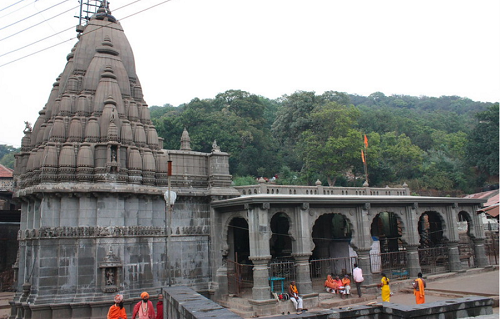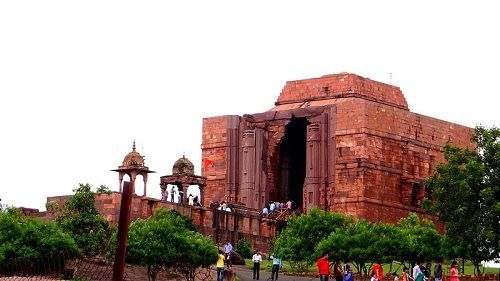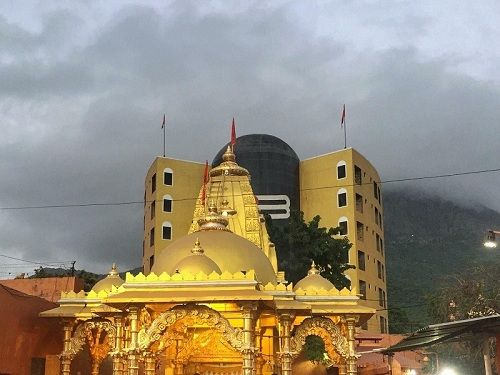Was Tipu Sultan a murderer of Hindus?
Tipu Sultan rule and allegations of religious persecutio Tipu Sultan was a murderer of Hindus examining historical complexities and controversies

Tipu Sultan, also known as the Tiger of Mysore, was a prominent ruler of the Kingdom of Mysore in South India during the late 18th century. His reign has been a subject of historical debates and controversies, with some claiming that he was a murderer of Hindus. Let's delve into the historical context and assess the claims surrounding Tipu Sultan's alleged actions against Hindus.
The question of whether Tipu Sultan was a murderer of Hindus is a complex and contentious issue. While there are historical accounts pointing to instances of violence, it is crucial to contextualize Tipu Sultan's actions within the broader historical landscape of his time. Assessing the motivations, policies, and impact of his rule requires a nuanced examination of multiple perspectives to arrive at a more comprehensive understanding of Tipu Sultan's historical legacy.
Background
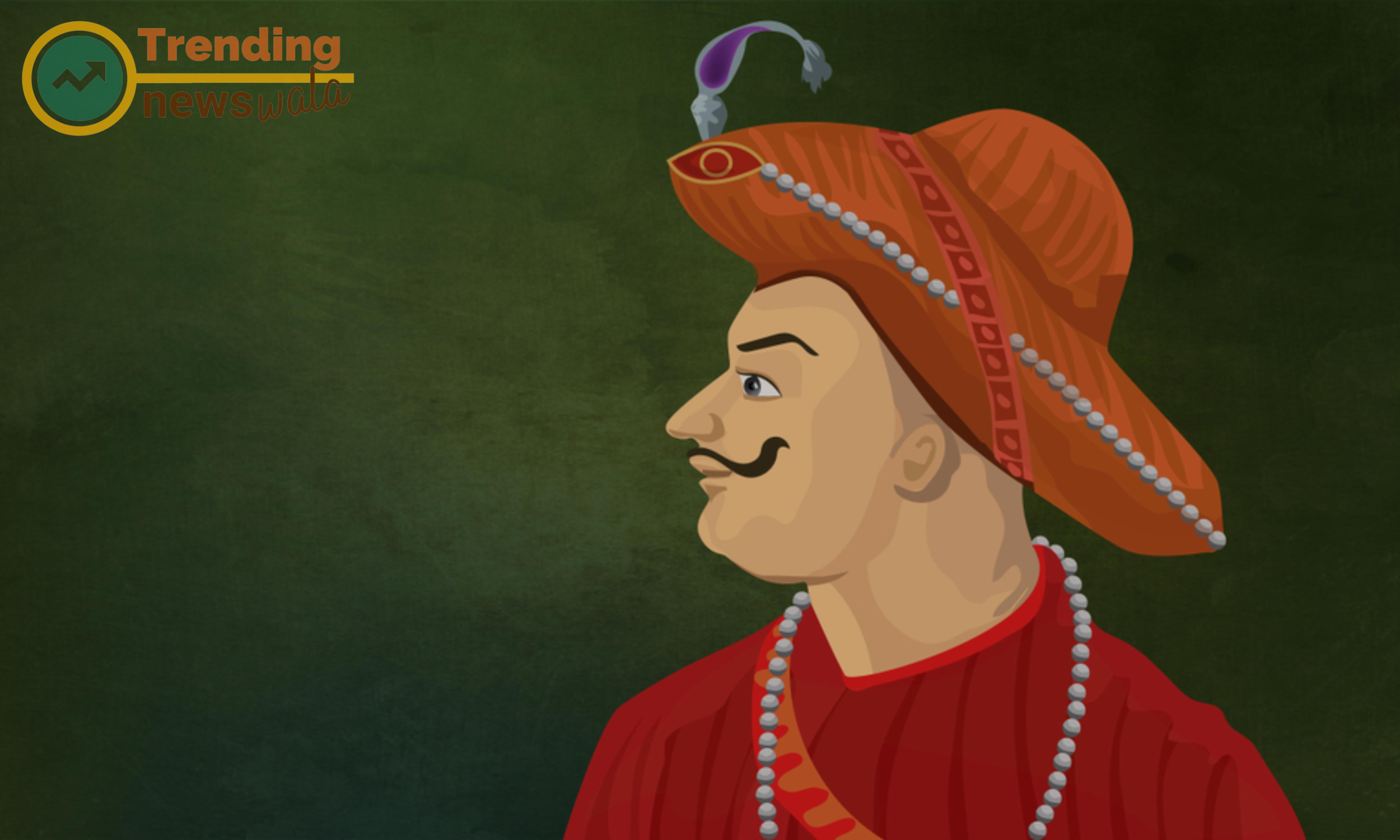
Tipu Sultan, born in 1750, ascended to the throne of Mysore in 1782 after the death of his father, Hyder Ali. His reign coincided with a tumultuous period in Indian history, marked by conflicts between various regional powers and the encroachment of European colonial forces, particularly the British.
Early Life: Tipu Sultan, officially known as Sultan Fateh Ali Sahab Tipu, was born on November 20, 1750, in Devanahalli, in present-day Karnataka, India. He was the eldest son of Sultan Hyder Ali, a military officer who rose to prominence in the Kingdom of Mysore. From an early age, Tipu Sultan exhibited military acumen and a keen interest in statecraft.
Hyder Ali's Rise to Power: The political landscape of South India during the 18th century was marked by the dominance of various regional powers and the encroachment of European colonial forces. Hyder Ali, Tipu Sultan's father, emerged as a prominent figure in this complex geopolitical scenario. Starting as a soldier, Hyder Ali steadily climbed the ranks to become the de facto ruler of Mysore in 1761.
Tipu Sultan's Ascension: After the death of Hyder Ali in 1782, Tipu Sultan ascended to the throne of Mysore. His reign began during a tumultuous period when the British East India Company sought to expand its influence in South India. Tipu Sultan inherited the challenges posed by European imperialism, regional conflicts, and the shifting alliances among Indian states.
Military Conflicts: Tipu Sultan's rule was marked by a series of military conflicts with the British, Marathas, and the Nizam of Hyderabad. The Anglo-Mysore Wars, fought between the British East India Company and the Kingdom of Mysore, were pivotal in shaping Tipu Sultan's legacy. His military campaigns were characterized by innovative warfare tactics and a resolute resistance against British expansionism.
Alliance with the French: In his efforts to counter the British, Tipu Sultan sought alliances with various powers. Notably, he formed an alliance with the French during the Anglo-French War. The French connection added a global dimension to the conflict in South India.
Administrative Reforms: Tipu Sultan was not only a military leader but also an administrator keen on implementing reforms. He introduced several administrative measures aimed at improving governance, economic policies, and technological advancements. His efforts included the development of a new coinage system, standardization of weights and measures, and initiatives to boost trade and agriculture.
Cultural Patronage: Contrary to the controversy surrounding Tipu Sultan's alleged religious persecution, he was known for his cultural patronage. He supported various religious institutions, including temples and churches, fostering an environment of religious pluralism in his kingdom.
Death and Legacy: Tipu Sultan's life came to a dramatic end during the Fourth Anglo-Mysore War in 1799. The British, along with their allies, defeated Tipu Sultan, who died defending his capital, Srirangapatna.
Tipu Sultan's legacy remains a subject of debate and controversy. Some view him as a valiant ruler who resisted colonial powers, while others criticize his methods and policies. The debate surrounding Tipu Sultan reflects the complexities of historical interpretation and the need to consider diverse perspectives when assessing the background and impact of historical figures.
Military Campaigns
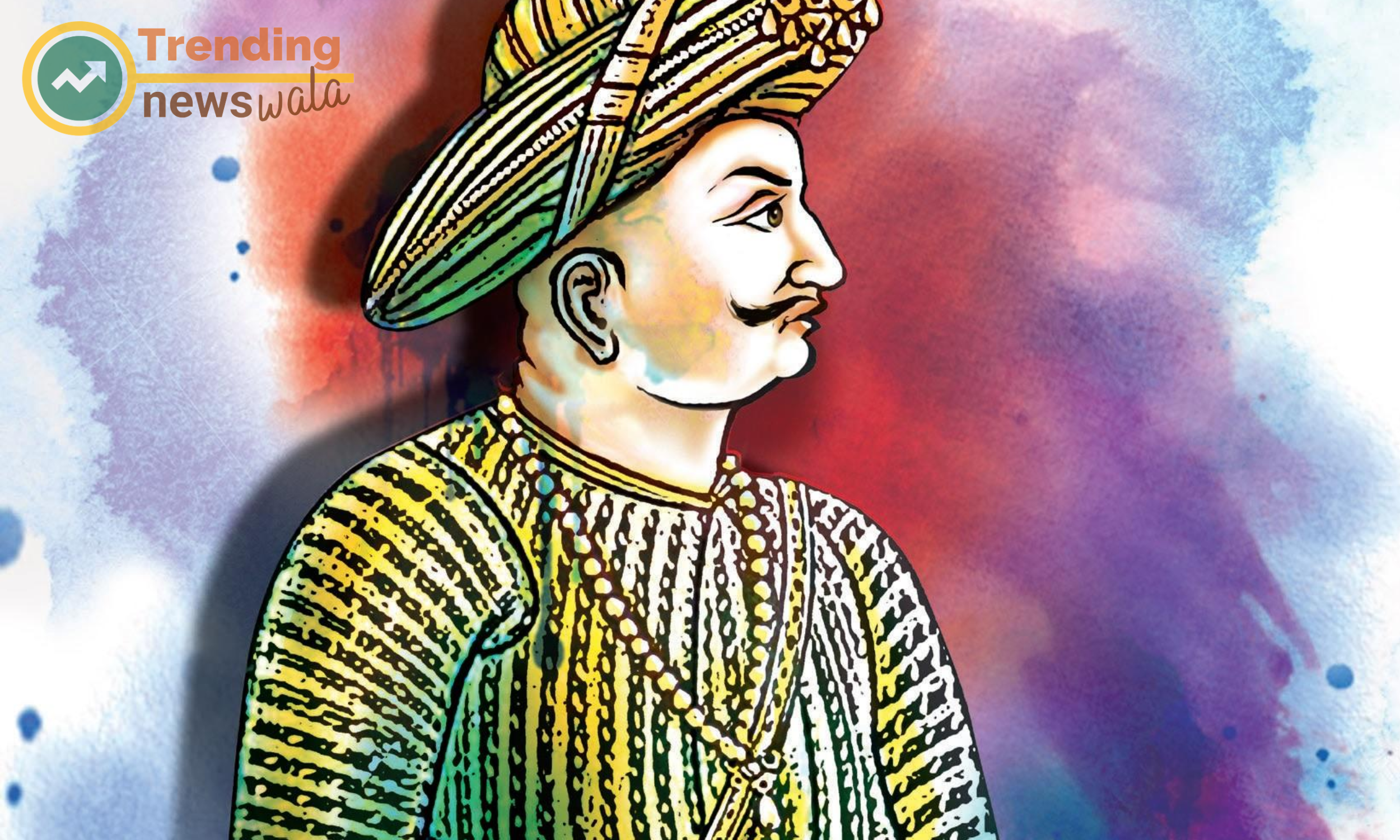
One of the primary reasons behind the controversy surrounding Tipu Sultan is his military campaigns against the British East India Company. He fiercely resisted British expansionism in South India and formed alliances with other regional powers, including the Marathas and the French.
During his military engagements, Tipu Sultan faced resistance not only from the British but also from certain local rulers and communities. Some historical accounts suggest that Tipu Sultan's campaigns were accompanied by instances of violence and forced conversions.
Tipu Sultan, also known as the Tiger of Mysore, was a formidable military leader who engaged in a series of military campaigns during the late 18th century. His reign, marked by conflicts with the British East India Company and other regional powers, showcased his strategic brilliance and determination to resist foreign domination. Here are more details about Tipu Sultan's military campaigns:
First Anglo-Mysore War (1767-1769): The First Anglo-Mysore War was triggered by conflicts between the British East India Company and the Kingdom of Mysore. Tipu Sultan's father, Hyder Ali, led Mysore's forces against the British. Though inconclusive, the war set the stage for future conflicts and established Hyder Ali's military prowess.
Second Anglo-Mysore War (1780-1784): The Second Anglo-Mysore War saw Tipu Sultan taking a prominent role after the death of his father in 1782. He allied with the Marathas and the Nizam of Hyderabad against the British. Despite initial successes, the war ended with the
Alliance with the French: Tipu Sultan, recognizing the need for powerful allies, formed an alliance with the French during the Anglo-French War. The Treaty of Alliance signed in 1798 aimed at jointly opposing British influence in India. However, the alliance did not bring significant military support to Tipu Sultan.
Third Anglo-Mysore War (1790-1792): The Third Anglo-Mysore War erupted as tensions between Tipu Sultan and the British resurfaced. This time, he faced a coalition comprising the British, Marathas, and the Nizam of Hyderabad. Despite displaying remarkable military strategies, Tipu Sultan had to cede half of his territories to the British as per the Treaty of Seringapatam in 1792.
Fourth Anglo-Mysore War (1798-1799): The Fourth Anglo-Mysore War was the final and most significant conflict in Tipu Sultan's life. Frustrated with British interference, Tipu sought alliances with Afghanistan and the Ottoman Empire. In 1798, British forces, led by Governor-General Lord Wellesley, launched a military campaign against Mysore. The decisive Battle of Seringapatam took place in 1799, resulting in the fall of Srirangapatna and the death of Tipu Sultan.
Military Tactics and Innovations:
- Tipu Sultan was known for his innovative military tactics. He employed the use of rockets in warfare, earning him the nickname "The Rocket Man of India." These rockets, known as Mysorean rockets, played a significant role in his military strategies and were later studied by European powers.
- Tipu Sultan's army also featured the use of the iron-cased Mysorean rockets, which were highly effective in creating chaos and panic among enemy ranks.
Legacy of Resistance: Tipu Sultan's military campaigns are often viewed in the context of his resistance against British expansionism. Despite facing successive defeats, his determination to defend his kingdom against colonial powers earned him admiration as a symbol of anti-colonial resistance.
Controversies and Assessments: The legacy of Tipu Sultan's military campaigns remains a subject of historical debates. While some view him as a heroic figure who fiercely resisted foreign rule, others criticize his methods, including allegations of forced conversions and persecution.
Tipu Sultan's military campaigns were characterized by a combination of strategic brilliance, innovative tactics, and a commitment to preserving the sovereignty of his kingdom. The complexities surrounding his legacy underscore the need for nuanced assessments of historical figures in the context of their times.
Allegations of Religious Persecution
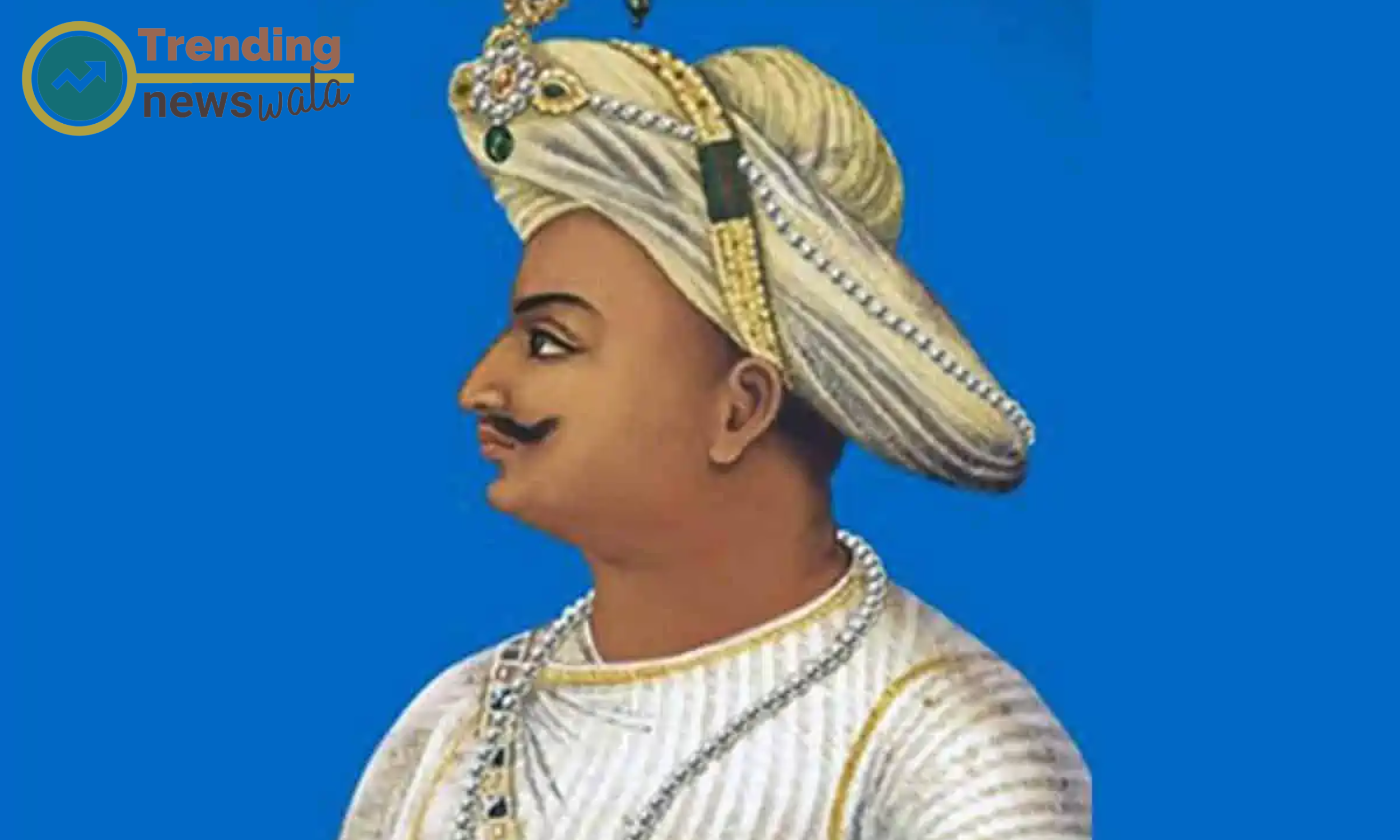
The controversy regarding Tipu Sultan's treatment of Hindus revolves around allegations of religious persecution. Some historical records and narratives claim that he engaged in forced conversions and targeted Hindu temples.
However, historical interpretations are often complex and can vary based on different perspectives. While there is evidence to suggest that Tipu Sultan had conflicts with certain Hindu rulers and communities, it is essential to consider the broader socio-political context of the time.
The reign of Tipu Sultan, the Tiger of Mysore, has been a subject of historical controversy, particularly regarding allegations of religious persecution. While some accounts portray Tipu Sultan as a valiant ruler who resisted foreign powers, others claim that he engaged in acts of religious discrimination and forced conversions. It is crucial to delve into the historical context and diverse perspectives to understand the complexities surrounding these allegations.
Context of Religious Diversity: Tipu Sultan ruled over a region characterized by religious diversity, with Hinduism being the predominant religion, alongside significant populations of Muslims and other religious communities. The socio-religious landscape of 18th-century South India was marked by a mosaic of cultures, traditions, and coexistence.
Religious Pluralism: Contrary to allegations of religious persecution, Tipu Sultan is noted for his support of religious pluralism. He provided patronage to temples, churches, and other religious institutions, fostering an environment where different faiths could coexist.
Relationship with Hindu Rulers: Tipu Sultan's interactions with Hindu rulers were complex. While he had conflicts with certain Hindu kingdoms, attributing these solely to religious persecution oversimplifies the historical realities. The political landscape of the time was characterized by shifting alliances and rivalries among various regional powers.
Temple Destruction Controversy: One of the major allegations against Tipu Sultan relates to the destruction of Hindu temples. Historical records suggest that some temples were indeed targeted during military campaigns, but the motivations behind these actions are debated. Some argue that they were strategic moves during wartime, while others contend that they had religious undertones.
Forced Conversions: Another contentious issue is the claim of forced conversions under Tipu Sultan's rule. While there are historical accounts suggesting instances of conversions, the motivations behind them are complex. It is essential to differentiate between coercive measures and voluntary conversions that might have occurred due to social, economic, or political factors.
Economic Policies and Administration: Tipu Sultan implemented various economic policies and administrative reforms that affected all communities in his kingdom, irrespective of religious affiliation. His focus on economic development, trade, and technological advancements indicates a broader approach to governance beyond religious considerations.
Cultural Patronage: Tipu Sultan's cultural patronage extended to different religious communities. He supported the construction and maintenance of temples and churches, highlighting his commitment to fostering cultural and religious diversity.
Historical Perspectives: Historical narratives are often shaped by the perspectives of different writers and communities. The assessment of Tipu Sultan's religious policies varies, with some viewing him as a symbol of resistance against colonial powers and others criticizing aspects of his rule.
Debate Among Historians: The debate over Tipu Sultan's religious policies continues among historians. Scholars analyze primary sources, archival records, and contemporary accounts to discern the motivations and impact of specific actions attributed to Tipu Sultan.
The allegations of religious persecution against Tipu Sultan are complex and require a nuanced understanding of the historical context. While certain actions attributed to him have raised concerns, it is crucial to consider the broader policies, motivations, and cultural dynamics of his rule. Evaluating Tipu Sultan's legacy requires a balanced approach that acknowledges the diverse perspectives surrounding his reign in 18th-century South India.
Tipu Sultan's Policies
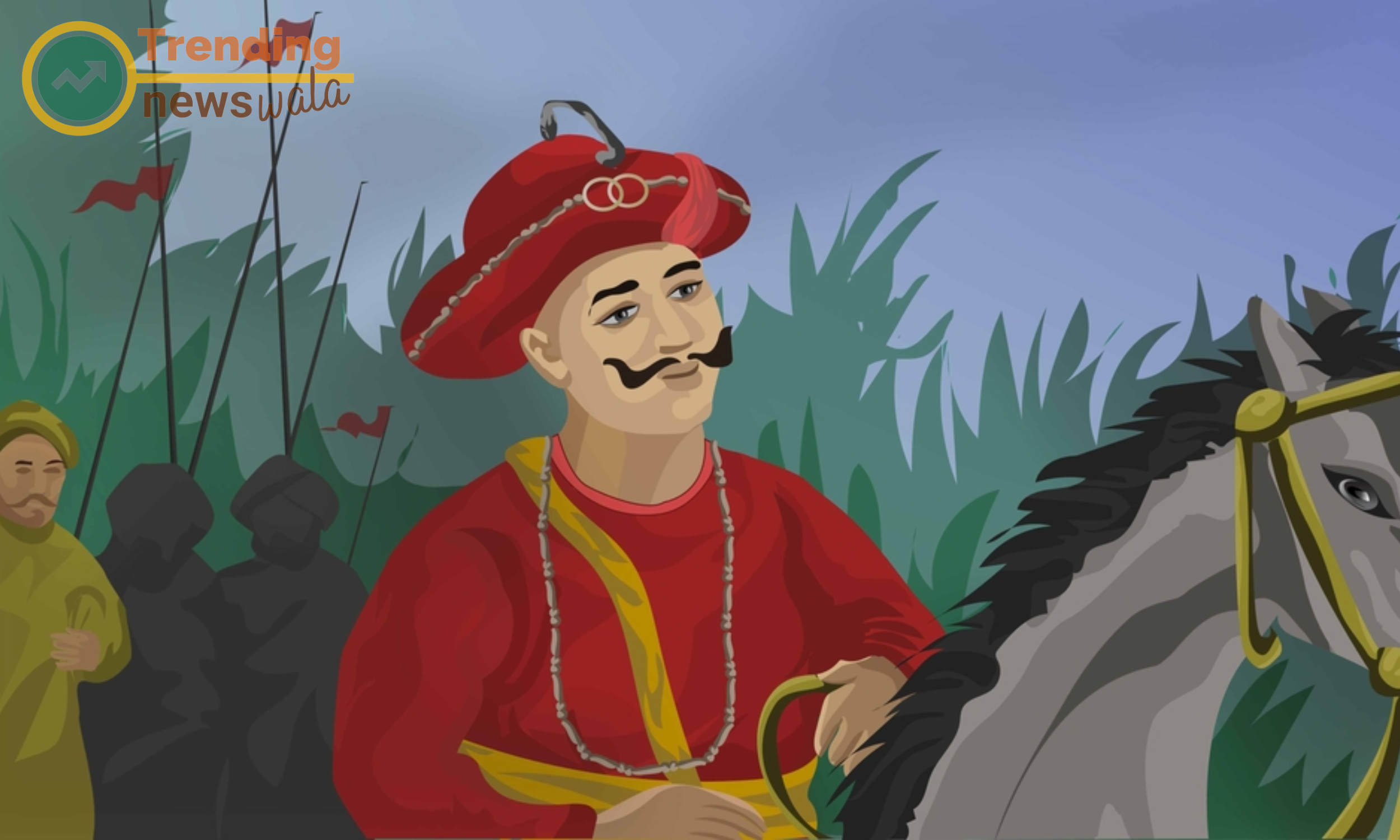
Tipu Sultan implemented several administrative and economic reforms during his rule. He introduced a coinage system, standardized weights and measures, and promoted sericulture and trade. His policies were not solely focused on military endeavors; he sought to strengthen the economic and administrative aspects of his kingdom.
Moreover, Tipu Sultan is known for his patronage of various religions. He supported temples and churches, fostering an environment of religious pluralism in his kingdom. While some historical accounts emphasize instances of violence, it is crucial to evaluate the overall policies and actions of Tipu Sultan.
Tipu Sultan, also known as the Tiger of Mysore, was a dynamic and influential ruler whose policies encompassed various aspects of governance, administration, and socio-economic development. His reign during the late 18th century left a lasting impact on the Kingdom of Mysore. Here are more details about Tipu Sultan's policies:
Economic Reforms: Tipu Sultan implemented significant economic reforms aimed at boosting the kingdom's financial stability. He introduced a new coinage system with the "Lari" as the standard currency. This move aimed to streamline trade and transactions, contributing to economic development.
Land Revenue System: Tipu Sultan introduced changes to the land revenue system, emphasizing a fair and efficient approach. He aimed to ensure that the taxation system did not excessively burden the agricultural communities. His policies aimed at enhancing agricultural productivity and promoting economic sustainability.
Industrial Development: Recognizing the importance of industrial growth, Tipu Sultan focused on developing key industries in Mysore. He supported sericulture, encouraging the production of silk. Additionally, he promoted various crafts, contributing to the economic prosperity of the kingdom.
Trade and Commerce: Tipu Sultan aimed to strengthen Mysore's trade and commercial ties. His policies facilitated trade with foreign nations, and he engaged in diplomatic efforts to establish economic alliances. The development of ports and trade routes reflected his commitment to economic diversification.
Infrastructure Development: Infrastructure development was a key aspect of Tipu Sultan's policies. He invested in the construction of roads and bridges, facilitating transportation and trade. This focus on infrastructure aimed at connecting different regions within the kingdom and fostering economic growth.
Military Innovations: While Tipu Sultan is renowned for his military prowess, his policies extended beyond conquests. He invested in modernizing the military, introducing advanced weaponry and innovative tactics. The Mysorean rockets, used effectively in warfare, exemplify his commitment to military innovation.
Administrative Reforms: Tipu Sultan implemented administrative reforms to enhance governance. He established a centralized administrative structure to ensure efficient rule. His policies aimed at curbing corruption and promoting accountability within the administrative machinery.
Cultural and Religious Patronage: Tipu Sultan was known for his cultural patronage, fostering an environment of religious pluralism. He supported the construction and maintenance of temples, churches, and other religious institutions. This approach aimed at maintaining social harmony and coexistence.
Language and Education: Tipu Sultan recognized the importance of education and language. He took measures to promote the use of the Persian language in administration and official communication. Additionally, he supported educational institutions and scholars, contributing to intellectual development.
Resistance Against Colonial Powers: Tipu Sultan's policies were deeply influenced by his resistance against colonial powers, particularly the British East India Company. His military campaigns and alliances were strategic responses to safeguard the sovereignty of Mysore and resist foreign domination.
Public Welfare Measures: Tipu Sultan implemented public welfare measures to address the needs of his subjects. He established hospitals, dispensaries, and other healthcare facilities. Additionally, he focused on water management projects to ensure agricultural sustainability.
Legacy of Resistance: Tipu Sultan's policies reflect his legacy as a ruler who prioritized the well-being of his subjects, economic development, and the defense of his kingdom against colonial encroachments. His policies continue to be studied for their impact on the socio-economic and political landscape of Mysore during his reign.
Tipu Sultan's multifaceted approach to governance showcased a combination of military strength, economic vision, and cultural inclusivity. While historical debates persist, his policies left an indelible mark on the history of South India.
Historical Perspectives
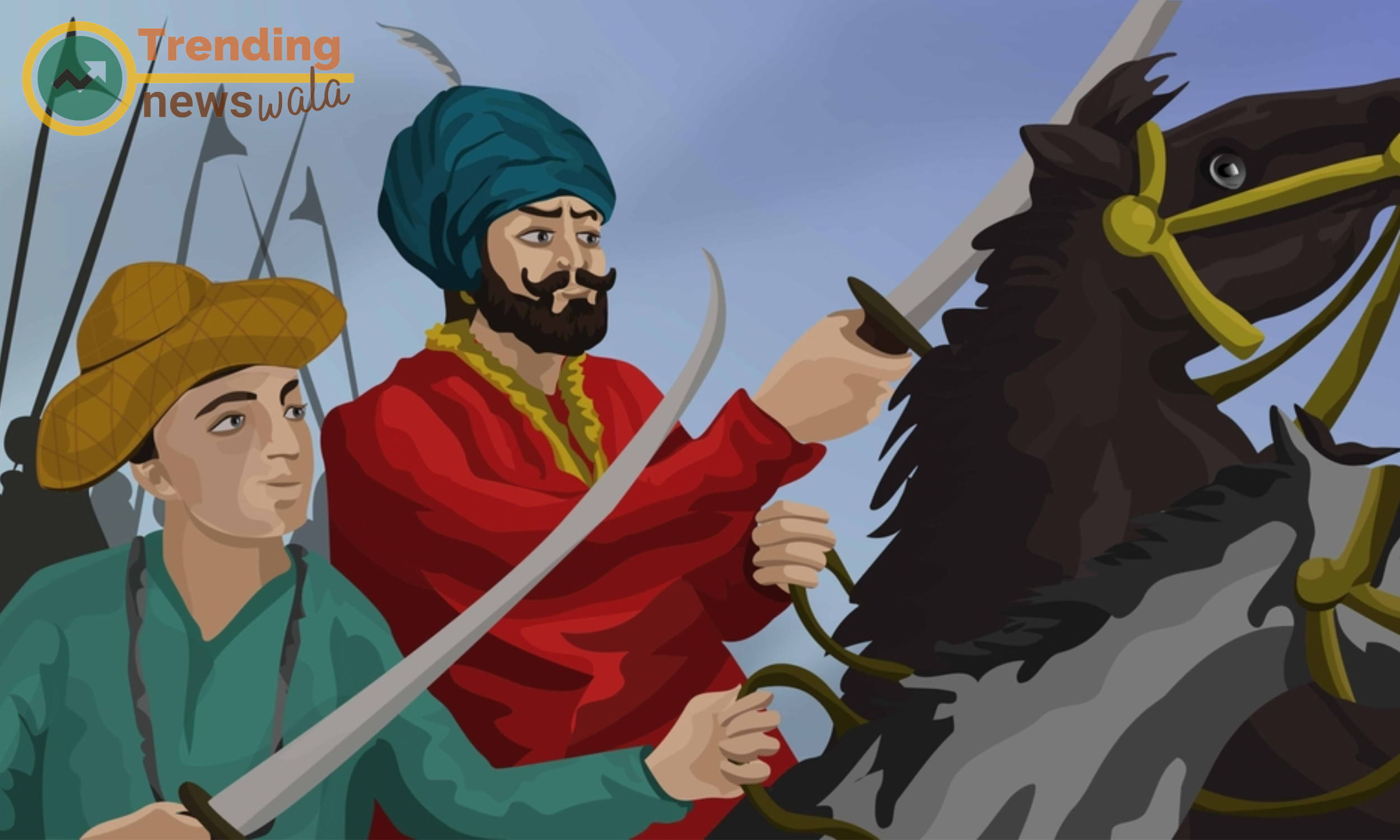
Historical narratives are often shaped by the perspectives of different writers and communities. Some accounts portray Tipu Sultan as a valiant warrior who resisted foreign domination, while others emphasize the alleged atrocities committed during his reign.
Modern scholars and historians continue to analyze primary sources, archival records, and contemporary accounts to gain a more nuanced understanding of Tipu Sultan's rule. It is essential to approach historical assessments with a critical lens, considering the biases and motivations of various historical sources.
The historical perspectives on Tipu Sultan, the Tiger of Mysore, are diverse and often influenced by the lenses through which different writers, communities, and historians view his reign. Examining the various perspectives provides a nuanced understanding of Tipu Sultan's complex legacy:
Anti-Colonial Hero: Some perspectives cast Tipu Sultan as a valiant anti-colonial hero who fiercely resisted British expansionism. His efforts to form alliances against the British and his innovative military tactics during the Anglo-Mysore Wars are highlighted as acts of courage in defense of his kingdom.
Architect of Resistance: Tipu Sultan is often portrayed as an architect of resistance against external forces, particularly the British. His military campaigns, diplomatic maneuvers, and alliances with other regional powers are seen as strategic moves to safeguard the sovereignty of Mysore and challenge colonial dominance.
Religious Tolerance and Pluralism: Another perspective emphasizes Tipu Sultan's commitment to religious tolerance and pluralism. Accounts of his support for temples, churches, and various religious institutions are highlighted to showcase a ruler who promoted coexistence among different religious communities within his kingdom.
Economic Visionary: Some historians view Tipu Sultan as an economic visionary who implemented reforms aimed at boosting the economic prosperity of Mysore. His focus on infrastructure development, industrial growth, and trade expansion is considered a forward-thinking approach to governance.
Criticisms of Military Tactics: While Tipu Sultan's military tactics are praised for their innovation, there are criticisms as well. Some argue that his strategies, including the use of rockets, were not always effective, and the focus on military campaigns may have diverted resources from other essential aspects of governance.
Allegations of Persecution: Allegations of religious persecution, temple destruction, and forced conversions have cast a shadow over Tipu Sultan's legacy. Critics argue that certain actions attributed to him were driven by religious considerations and that they undermined the religious harmony he is believed to have promoted.
Cultural Patronage and Identity: Tipu Sultan's cultural patronage is acknowledged by some as a means of fostering a distinct identity for his kingdom. The promotion of Persian language, support for art and literature, and architectural endeavors are seen as efforts to create a unique cultural identity for Mysore.
Regional Alliances and Conflicts: Perspectives on Tipu Sultan's engagements with other regional powers vary. Some view his alliances as diplomatic strategies to counter the British, while others criticize his conflicts with certain Hindu rulers, highlighting the complexities of regional dynamics during his reign.
Legacy of Governance: The overall governance of Tipu Sultan is a subject of historical analysis. Assessments vary on the effectiveness of his administrative reforms, economic policies, and public welfare measures. The impact of his policies on the socio-economic development of Mysore is a focal point for historians.
Controversies and Debates: The controversies surrounding Tipu Sultan contribute to ongoing historical debates. Different narratives, biases, and interpretations influence how his reign is perceived. Debates over the historical accuracy of certain events and the motivations behind specific actions continue to shape perspectives on Tipu Sultan.
Tipu Sultan's historical legacy is multifaceted, reflecting a ruler whose actions and policies elicit a range of perspectives. The debates surrounding his reign underscore the complexities of interpreting historical figures and events, emphasizing the need for a comprehensive and critical examination of primary sources and diverse viewpoints.

Was Tipu Sultan responsible for the death of Hindus during his rule?
Historical records indicate that there were instances of violence and conflicts during Tipu Sultan's rule, including military campaigns. However, the characterization of Tipu Sultan as a "murderer of Hindus" oversimplifies the complexities of historical events.
Were there allegations of religious persecution against Tipu Sultan?
Yes, there have been historical accounts and allegations of religious persecution during Tipu Sultan's reign. These include claims of temple destruction and forced conversions. However, the motivations behind such actions are debated among historians.
Did Tipu Sultan target specific Hindu communities?
While there were conflicts with certain Hindu rulers and communities during Tipu Sultan's military campaigns, it is essential to distinguish between strategic considerations in warfare and targeted persecution based solely on religious grounds.
Did Tipu Sultan support religious pluralism?
Tipu Sultan is noted for supporting religious pluralism and cultural diversity within his kingdom. He provided patronage to temples, churches, and other religious institutions, fostering an environment where multiple faiths could coexist.
Were there instances of forced conversions under Tipu Sultan's rule?
Historical records suggest instances of conversions during Tipu Sultan's reign. However, the nature of these conversions is complex, and factors such as social, economic, and political considerations may have played a role.
Did Tipu Sultan engage in military campaigns against Hindus?
Tipu Sultan's military campaigns were not solely directed against Hindus but were part of broader conflicts with various regional powers, including the British East India Company. The socio-political landscape of the time involved alliances and rivalries irrespective of religious affiliations.
What is the historical context of Tipu Sultan's reign?
Tipu Sultan ruled during the late 18th century, a period marked by the dominance of various regional powers and European colonial expansion in South India. His reign coincided with significant geopolitical shifts and conflicts.
Did Tipu Sultan have alliances with Hindu rulers?
Tipu Sultan had complex relationships with different rulers, including Hindu leaders. While he formed alliances with some Hindu states against the British, there were also conflicts with certain Hindu communities during military engagements.
How do historians interpret Tipu Sultan's actions?
Interpretations of Tipu Sultan's actions vary among historians. Some view him as a hero who resisted foreign domination, while others criticize certain aspects of his rule, including allegations of religious persecution.
What impact did Tipu Sultan's policies have on religious and cultural diversity?
Tipu Sultan's policies had both positive and negative impacts on religious and cultural diversity. While he supported pluralism and cultural patronage, allegations of religious persecution have raised concerns about the treatment of certain communities.

